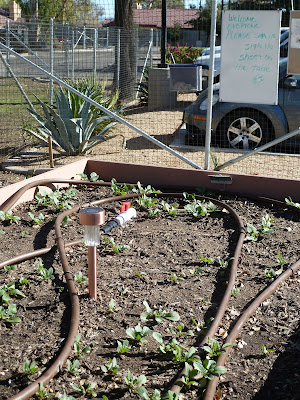Overall, I found "Bird on Fire" to be a good read. The book was well written and researched. It had it's boring moments, but that had more to do with the content than the writing ability of the author.
The biggest issue for the book is the title. I find it to be inaccurate. The "Bird on Fire" part is nice enough, but the "Lessons from the World's Least Sustainable City" ruins it. By claiming that Phoenix is the world's least sustainable city, the book attempts to sell itself as universally important. I assume this was added on so that people who live outside of Phoenix would be tempted to buy it. In reality, I doubt that a reader who has not spent significant time in Phoenix could actually finish this book. It deals with local issues that are Phoenix-specific. Additionally, calling Phoenix the most unsustainable city in the world probably discourages local readers who feel that an outsider is singling them out unfairly. This is especially damaging because I think that the importance of Bird on Fire for residents of the Valley because it acts as a source for their local environmental history.
 In respect to our garden, Bird on Fire provides a good reminder that being sustainable is a complex goal. For example, our garden would be viewed as unsuccessful if someone looked at the pounds of produce we grow. However, the garden is more than just a field. Escalante Community Garden also acts as a positive community space, it can provide education for students in the area, and it greatly improves the look of our corner of the park. It also has environmental value because of the diversity of flowers and plants we have growing. Each of these other goals certainly decrease the amount of produce we can grow, but help connect the food we grow to the outside community.
In respect to our garden, Bird on Fire provides a good reminder that being sustainable is a complex goal. For example, our garden would be viewed as unsuccessful if someone looked at the pounds of produce we grow. However, the garden is more than just a field. Escalante Community Garden also acts as a positive community space, it can provide education for students in the area, and it greatly improves the look of our corner of the park. It also has environmental value because of the diversity of flowers and plants we have growing. Each of these other goals certainly decrease the amount of produce we can grow, but help connect the food we grow to the outside community.
No comments:
Post a Comment